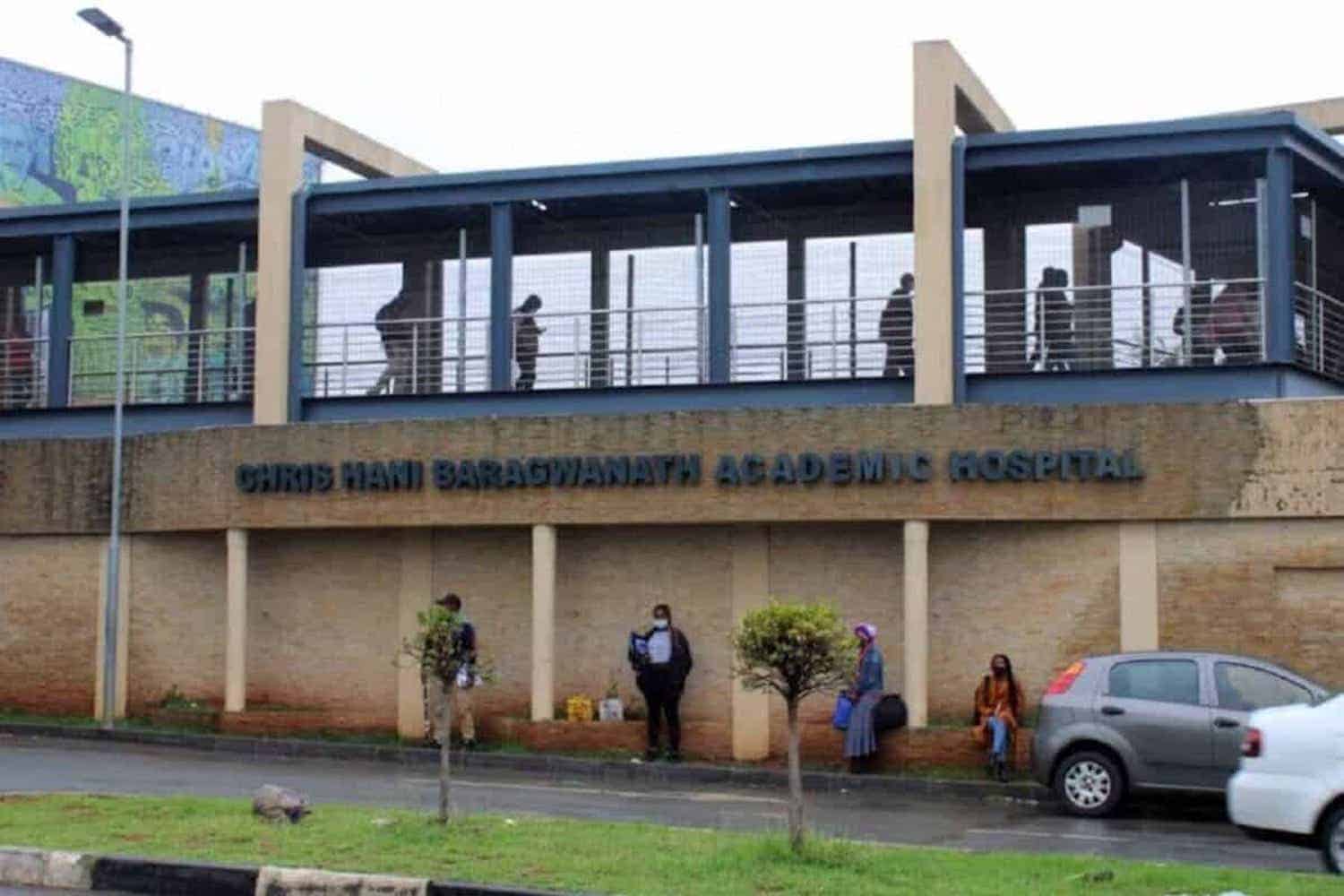The department also responded to reports about the CEO of Baragwanath Hospital, Dr Nthabiseng Makgana, reportedly using personal security.

Chris Hani Baragwanath Academic Hospital Picture: Masego Mafata.
The Gauteng Department of Health (GDoH) has dismissed recent media reports that raised alarm over the cost of security at Chris Hani Baragwanath Academic Hospital and Charlotte Maxeke Johannesburg Academic Hospital.
The department said on Thursday that it had transitioned from non-compliant, short-term security contracts to long-term agreements.
ALSO READ: Court orders Gauteng Health to clear radiation oncology backlog at public hospitals
Shift to long-term contracts.
According to the department, previously, it relied on 65 security companies operating on a month-to-month basis.
“[The] security contracts which involved 65 companies at R59 million per month was not compliant with the Public Finance Management Act,” it added.
“This model was unsustainable and non-compliant.
“We’ve now put in place long-term fixed contracts aligned with the Private Security Industry Regulatory Authority (PSiRA) rates,” said the department.
In April 2024, the department finalised three-year security contracts involving 113 companies.
The new agreements took effect on 1 April and will run until March 2027. They will cover 37 public hospitals and more than 300 clinics across the province.
“This is an important investment to ensure the safety of patients and staff. It also helps protect the integrity of our public healthcare system,” the department said.
ALSO READ: Chris Hani Baragwanath’s kids’ burn unit gets fresh revamp
Rising costs justified
The GDoH defended the rise in security costs, arguing it was reflective of current market conditions.
“It is impossible to expect the cost of security to remain the same as it was ten years ago,” the department stated.
“What we’re paying now includes added features like panic buttons and armed response.”
The department also responded to reports that Dr Nthabiseng Makgana, the CEO of Baragwanath Hospital, was reportedly using personal security.
“We wish to clarify that these arrangements are made at her own expense and do not involve state funds,” the department said.
“Her decision is based on a personal risk assessment. This should not be construed as a reflection of her leadership capabilities.”
ALSO READ: Will the new overtime policy affect health workers?
Security sector compliance
The department reiterated its commitment to fair labour practices in the security sector. They dismissed allegations that security officers are underpaid under the new contracts.
“The assertion that the security contract pays more than what officers are remunerated per month is misleading. The cost per officer includes not just salaries, but also benefits and operational expenses,” the department explained.
The GDoH emphasised that the shift to fixed, long-term contracts is a strategic move. It aims at compliance, safety, and service delivery in a complex healthcare environment.
NOW READ: How Tshwane District Hospital is improving patient experience
Download our app




